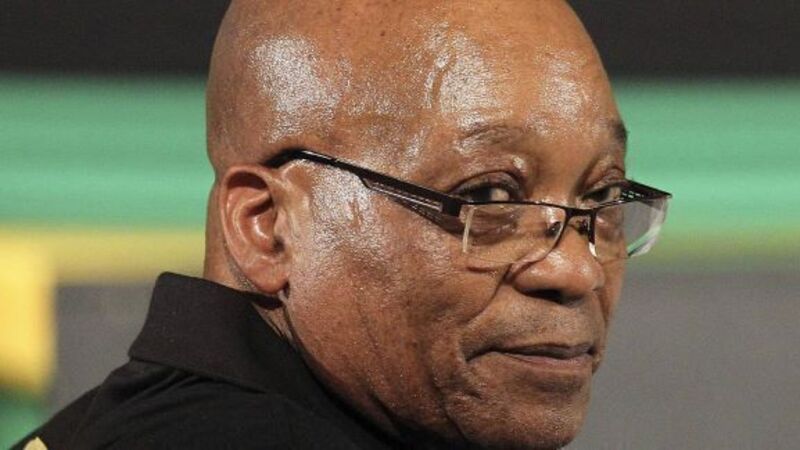African National Congress hold crisis talks over President Jacob Zuma controversy

The ANC backed Mr Zuma, 73, after the Constitutional Court rebuked him for ignoring public protector Thuli Madonsela’s order that he pay back some of the $16m (€14m) spent on upgrading his private Nkandla home.
However, the scandal, one of several which have dogged Zuma over the past decade, could strain relations between the ANC and its allies the South African Communist Party (SACP) and labour federation Cosatu.










